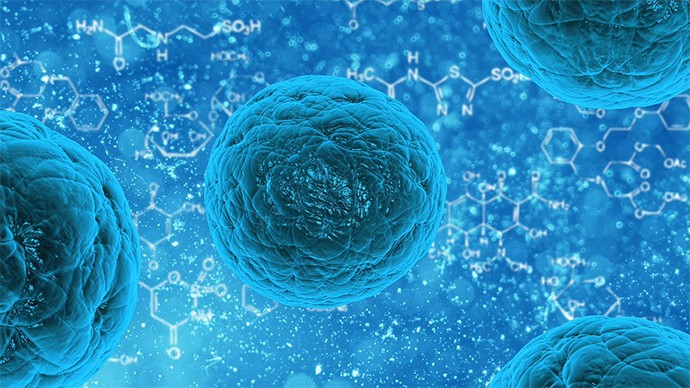Stem cells are undifferentiated cells that have the ability to differentiate into specialised cell types. Typically stem cells fall into two categories, defined by maturity: Embryonic Stem cells and Adult Stem Cells. Ignorant moral scruples sometimes tend to overshadow the benefits of scientific research, lumping for example, all stem cells into the embryonic basket, with the implication that Adult Stem Cells are harvested from foetuses. Nothing could be further from the truth.
What are Adult Stem Cells?
Adult Stem Cells are not foetal in origin but come from both children and adults. This is an important point to make as the name ‘Adult’, where it refers to Adult Stem Cells, has nothing to do with age; children too have Adult Stem Cells. Embryonic Stem Cells, on the other hand, are immature cells and have the ability to grow into any cell for any purpose. Embryonic stem cell research has been the subject of heated debate, especially in the U.S. Healing with Adult Stem Cells is not a new phenomenon and has been standard practice in top facilities for decades now.
Sometimes called Somatic Stem Cells, Adult Stem Cells are mature cells with the ability to self-renew and create new cells. Although limited in scope (compared to Embryonic Stem Cells) they nonetheless exhibit a very low propensity toward producing cancerous cells. Of particular interest to the medical profession are two notable qualities of Adult Stem Cells, namely their integrity in maintaining their undifferentiated state while completing the cell division cycle many times and their ability to generate different kinds of cells.
Efficacy of Adult Stem Cells
Considered significantly safer and more reliable than their embryonic counterparts, their vast potential for the treatment of diseases and injuries has yet to be fully realised. Uninformed ethical concerns tend to hamper important scientific research and eclipse the benefits already garnered in the use of Adult Stem Cells for healing purposes.
As an example of cutting-edge medical advances, patients needing bone marrow transplants have benefitted greatly from the use of Adult Stem Cells. Adult Stem Cells have also been put to use in treating chronic pain that has resulted from tissue damage, and in aiding in the faster treatment of sports-related injuries. The use of Adult Stem Cells also facilitates a more organic healing process to injuries and disease. With their capacity to generate different kinds of tissue coupled with their ability to foster natural healing, Adult Stem Cells have proven invaluable in the treatment of diseases and injuries that would normally be treated using the more traditional and invasive methods.
Healing with Adult Stem Cells (or Stem Cell Therapy) in an outpatient context is a relatively straightforward procedure. The extraction of bone marrow or fat tissue is followed by the isolation and concentration of the stem cells. These are then injected directly into the affected part, and the process of self-renewal, or organic healing, begins.
A Salt Lake City-based firm that offers Stem Cell training for doctors, Apex Biologix, underscores the indispensability of Stem Cell Therapy and Regenerative Medicine. Particularly targeted in the use of Adult Stem Cells treatment are the brain, various forms of Cancer and the Nervous System. Already the knowledge garnered in the study of Adult Stems Cells has laid the groundwork on their further use in the treatment of wounds and injuries.
H/T: Emax Health




 English
English